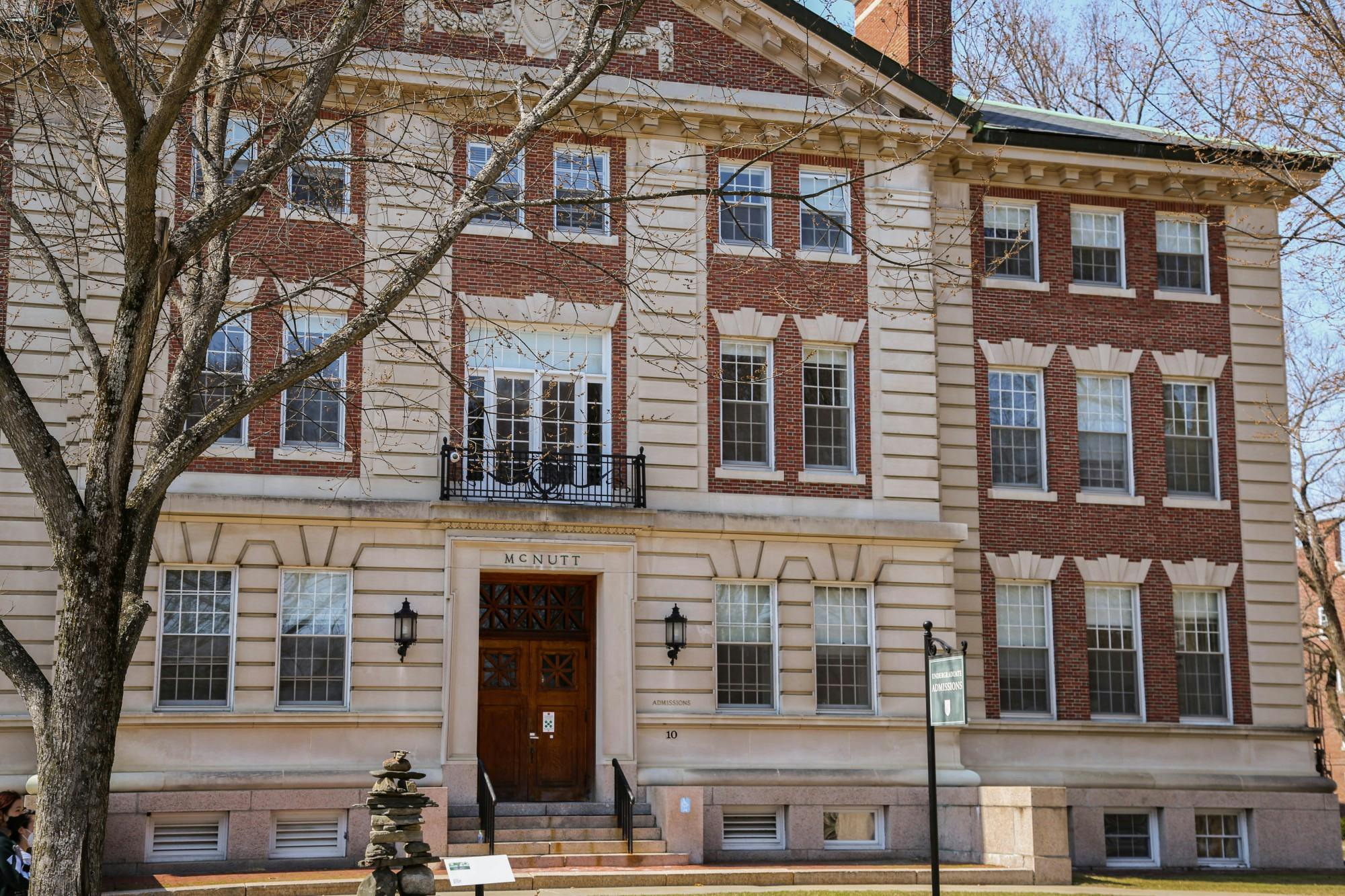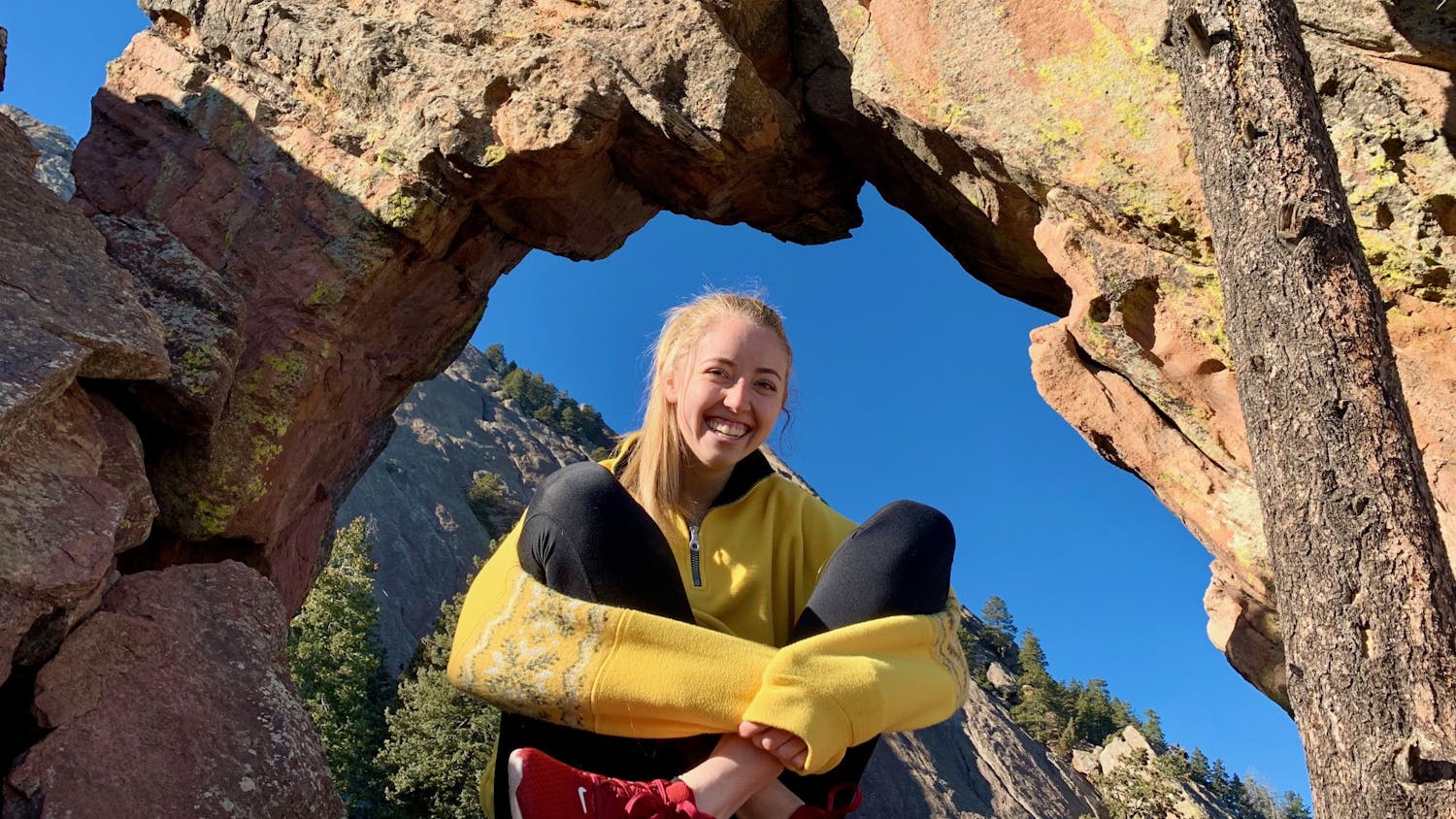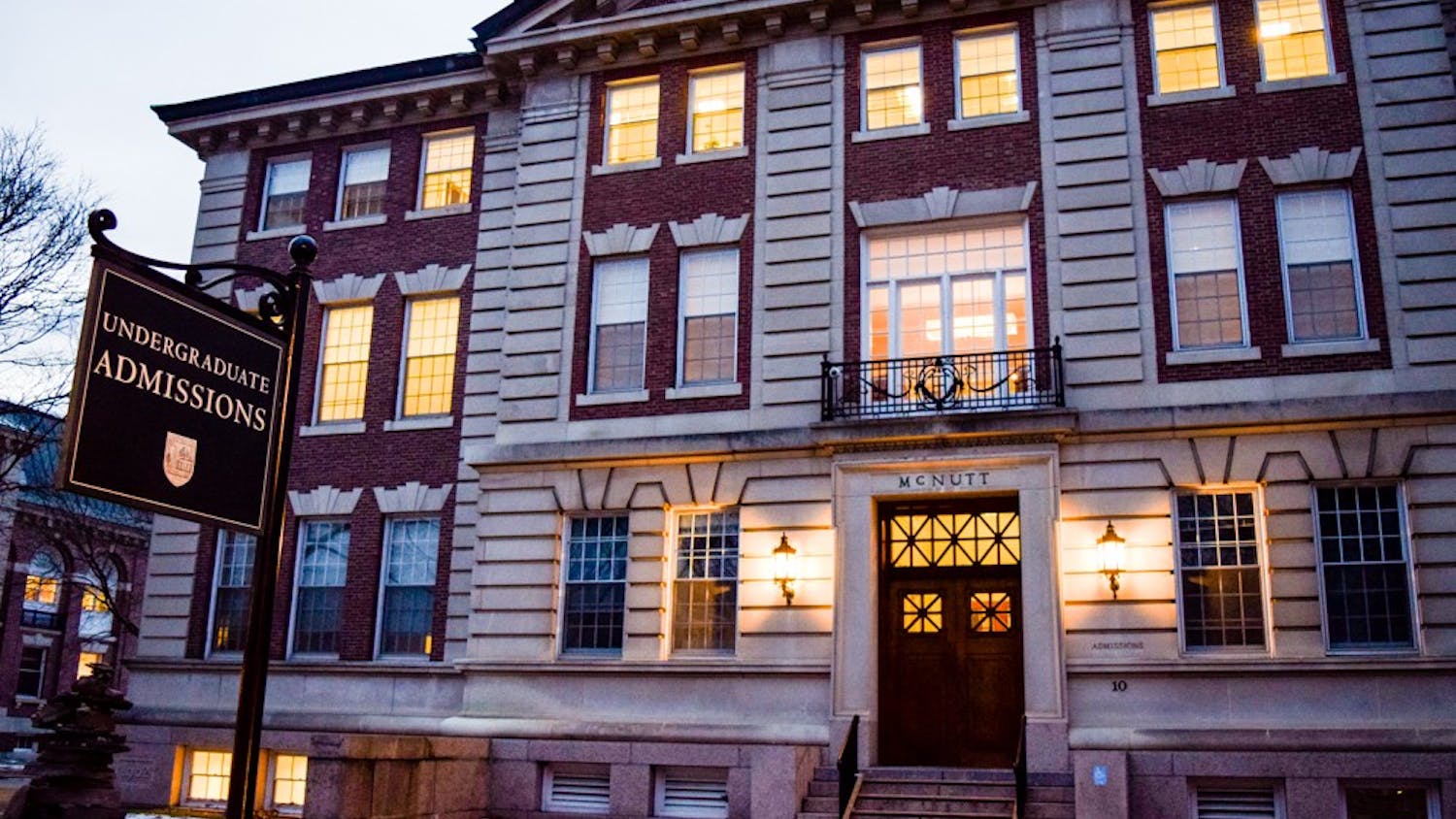Of those recently admitted to Class of 2025, 17% are first-generation college students — a record-high for Dartmouth — and 48% identify as “Black, Indigenous or other people of color.” While these statistics demonstrate the College’s attempt to diversify the student body, they do not properly highlight the struggle behind the application process for first-generation, low-income students.
Briana Maldonado ’24 believes that the struggles of FGLI students like herself are too often “reduced to just a lack of resources.”
“That reduction is just wrong and allows other, difficult elements of the college process to be ignored,” Maldonado said. “It wipes away the level of difficulty low-income first generation students feel. My entire college application process was traumatic.”
In addition to “a lack of resources and close to no institutional support,” Maldonado noted that the college application process required a lot of her parents' trust. Maldonado’s parents are immigrants who do not speak English, so it was difficult to get the necessary documents from her parents to fill in her college applications.
“My mother doesn’t trust the government,” Maldonado said. “… Just filling out the FAFSA [Free Application for Federal Student Aid] was difficult because there was just no way to explain what it was. To [my parents], it felt like I was putting them in danger. I remember when I was filling out my FAFSA, it felt like I was compromising their safety.”
FGLI student Celine Romero Garcia ’24 felt similarly to Maldonado, adding that the application process was emotionally draining and required great perseverance.
“The college process required deep trust and just being relentless,” Romero Garcia said. “It was exhausting, but I knew I had no choice. Otherwise, I just would not have been able to apply for anything.”
Romero Garcia also recalled some of the questions on the Common App feeling “intrusive.”
“Filling out the application, I remember when it asked me the status of my family, or when they asked to verify that certain people were no longer involved in my life. How do I prove that to you?” she said.
Additionally, Romero Garcia noted that without proper support, the college application process can be isolating and demoralizing for high school students.
“I look back at the application process and the only thing I think about is just how alone I felt,” Romero Garcia said. “Even just filling the application was demotivating. We were — are — just kids.”
The college application process necessitates self-reflection in a way that, for some students, can be traumatic and painful. FGLI student Leonard St. Gourdin ’24 said that he felt the process highlighted his disadvantages.
“The application process and FAFSA made me realize how broke I was — how much I was missing,” St. Gourdin said.
Romero Garcia related a similar experience, noting that she felt pressure to share her “saddest” stories in what she described as “like trauma porn.”
“There was this weird push or emphasis to tell your saddest story,” Romero Garcia said. “With this emphasis, it just felt like the only way to get into a school like Dartmouth was to relive all the traumatic things in my life, figure out the most traumatic and then find a way to explain all that in 650 words — something that brings its own stress.”
St. Gourdin said that even his counselors advised him to highlight his adversities in his Common Application essay.
“You kind of have to tell your saddest story,” he said. “Otherwise, I felt like it wouldn’t have been that strong an essay compared to these rich, non-Black people. Even my counselors told me it was like this.”
Tyson McCloud ’24, who comes from a low-income background, said that he felt a pressure to write about race in his essay.
“No happy stories make it,” McCloud said. “[Colleges] want a real story — something that evokes an emotional response. So, as a Black person, it felt like it needed to be about race.”
Students interviewed all shared the belief that many people assume the challenges they face as low-income and first-generation students go away once they are admitted to an institution like Dartmouth. But arriving at college is far from the end of the struggle — for many FGLI students, it is just the beginning. Nationally, around 89% of first-year FGLI college students drop out — four times higher than the dropout rate of second-generation students.
At a school like Dartmouth — where the median family income is over $200,000 and over 20% of students come from the highest-earning 1% of American households — it can be difficult for FGLI students’ peers to understand their struggles. According to St. Gourdin, there is an underlying emphasis on money at Dartmouth that leads to a disconnect between FGLI students and their wealthy peers.
“Being at a school like this is uncomfortable — it is horrifying,” St. Gourdin said. “… I try to understand people from different backgrounds and cultures, but there is no type of reciprocity. Those same people aren’t trying to understand me.”
McCloud also shared his feelings of discomfort, pointing to experiences with racism and classism at Dartmouth as a source of these feelings.
“I am uncomfortable every day of my life here at Dartmouth,” he said. “[Non-Black students] don’t understand me. They don’t try to understand me.”
Overall, Maldonado said, the arduous college application process is only the first of many barriers to success that FGLI students at Dartmouth must overcome, and these struggles are rooted in something more than merely a difference in socioeconomic status.
“The funny thing that everyone doesn’t realize is that getting into a school like Dartmouth doesn’t mean all of our problems just go away,” Maldonado said. “I think it's time that we start realizing that the problem is more than just money.”




